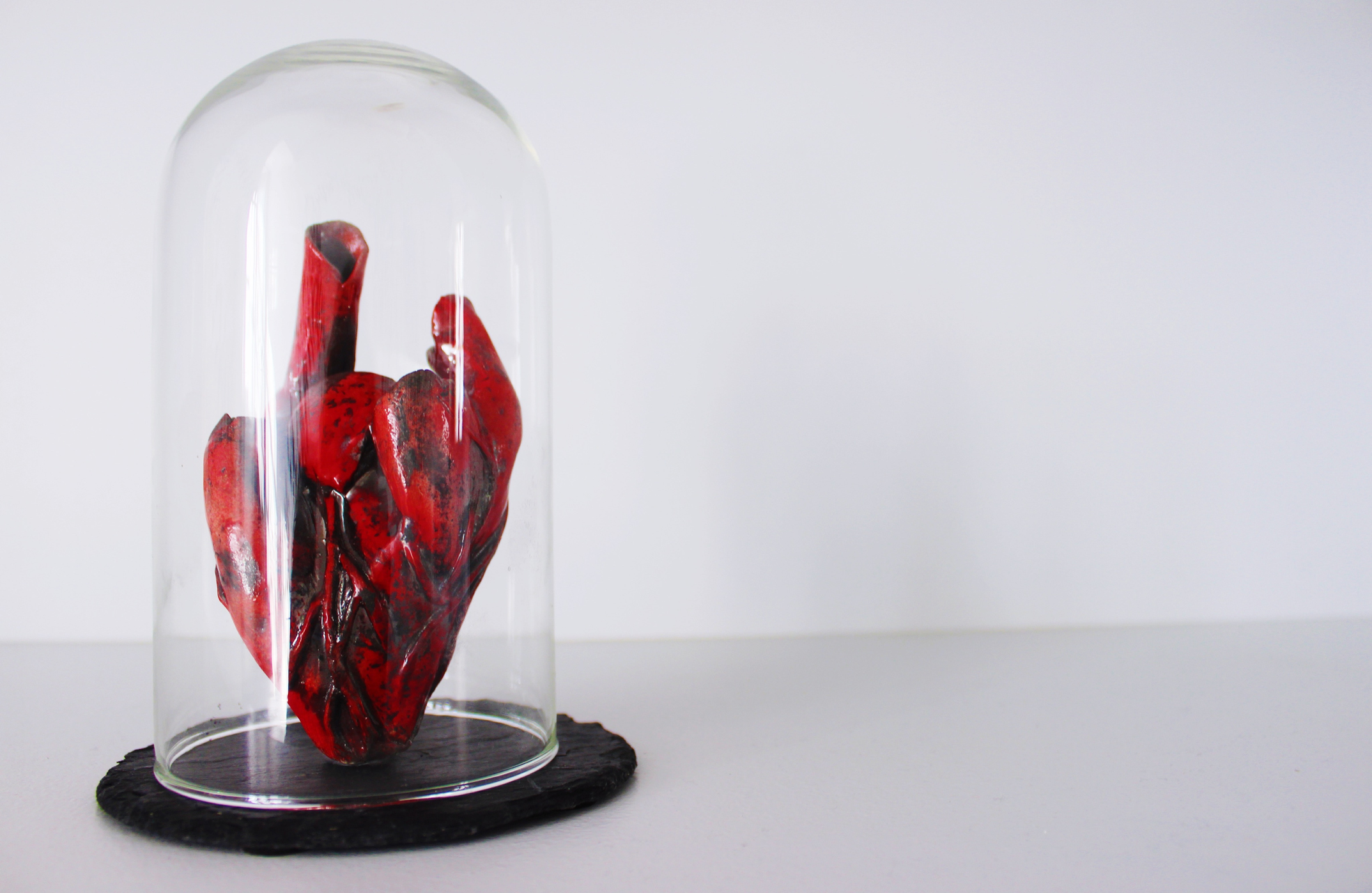Stem cell biotech company Novoheart and pharmaceutical giant AstraZeneca announced they would be partnering to develop the first test tube model of human heart failure, also called heart-in-a-jar.
The companies said they would use heart tissue engineered by Novoheart to emulate conditions faced by patients suffering from heart failure with preserved ejection fraction (HFpEF) and Novoheart’s 3-D technology for observing the functioning of the in vitro tissue.
In HFpEF, the heart pumps normally but because of stiffness in the left ventricle is unable to fill with blood properly. The condition, which has been rising globally, has been linked to obesity, hypertension, diabetes and other ailments tied to poor dietary and exercise habits, although there is also a high prevalence among the elderly and women. Approximately 10% of women over 80 also suffer from the disease.
“We aim to create the first in vitro model reproducing phenotypic characteristics of heart failure with preserved ejection fraction,” said Regina Fritsche Danielson, senior vice president and head of research and early development for cardiovascular, renal and metabolism biopharmaceuticals at AstraZeneca. “This could bridge the gap between in vivo animal models and clinical trials to help accelerate the drug discovery process by providing human-specific preclinical data.”
For decades researchers have struggled to recreate the conditions of HFpEF using animal tissue and other models. That failure has prevented them from testing medications effectively at the pre-clinical level and developing therapies. Novoheart noted that “pathological mechanisms and diverse etiology” of HFpEF are “poorly understood.”
“We look forward to co-developing this new…model into a powerful tool in the worldwide battle against heart failure,” said Dr. Kevin Costa, Novoheart’s top scientist.
Last month, AstraZeneca received approval for its drug Farxiga as a therapy for lowering the risk of hospitalization tied to type 2 diabetes-related heart failure. It was the first time the FDA had approved a sodium/glucose cotransporter 2 (SGLT2) inhibitor, which had been used for blood sugar control in diabetes patients, to address heart failure in type 2 diabetes patients.
- HFpEF is responsible for about half of all heart failure cases globally.
- Cardiovascular disease is the No. 1 worldwide, claiming nearly 18 million lives every year, according to the World Health Organization.
- WHO estimates that 650 million people 18 and older are obese, triple the number in 1975.
- Heart failure cases cost more than $100 billion globally, according to a paper in the journal BMC Cardiovascular Disorders.






















